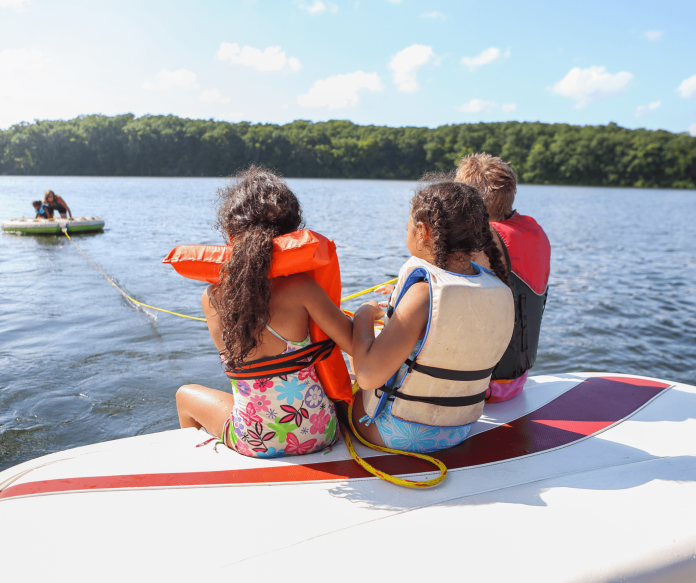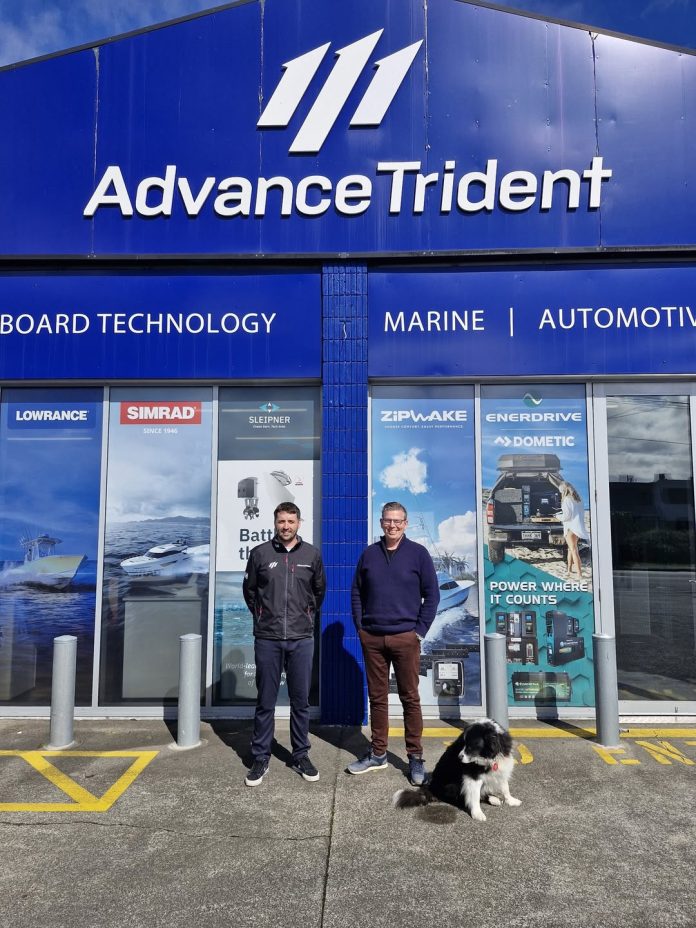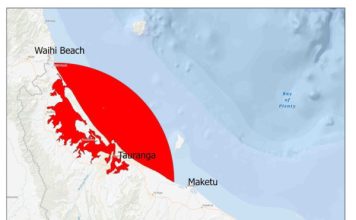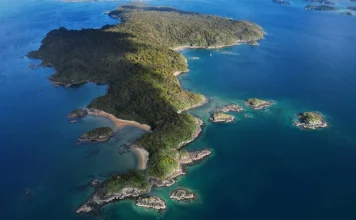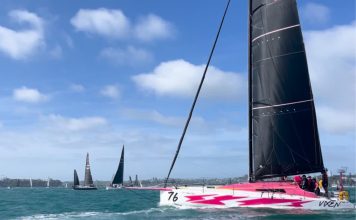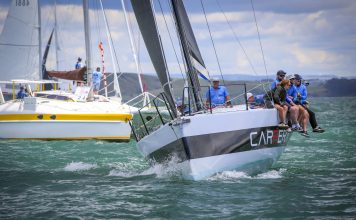The inaugural IBI Summit, to be held 2 July 2025 on London’s South Bank, arrives at this inflection point with a clear focus: Value Creation. But the real question is: value for whom, and how?
This full-day, high-level gathering offers more a chance to interrogate the marine sector’s future viability and relevance, with candid input from top-tier CEOs, strategists, consultants and investors.
Affordability, access, and a shifting customer base
The most pressing issue facing the global marine industry is the growing disconnect between product pricing and customer access. Ownership models are still geared toward a shrinking pool of asset-rich consumers, while younger, time-poor, experience-driven audiences are left out. Customisation adds cost. Complexity adds friction. Distribution remains fragmented.
In his keynote interview, Brunswick CEO Dave Foulkes addresses this directly. His talk explores how affordability might be improved without compromising margin, and how global supply chains—already strained by trade disputes—can be restructured to build resilience and speed. Foulkes, with his auto-sector pedigree, is expected to draw useful parallels between marine and mobility industries.
Fragmented production and legacy business models
Boatbuilding today is characterised by inefficiencies: siloed manufacturing, slow innovation cycles, and under-leveraged supply chains. The traditional builder–supplier dynamic often incentivises short-term margin protection over collaboration and long-term cost efficiency.
The “Reinventing the Boatbuilding Business Model” panel tackles this head-on. Featuring leaders from Beneteau, Sunreef, Axopar and Azimut|Benetti, it explores whether the time has come to rethink core assumptions: Should the industry consolidate production globally? Can robotics and additive manufacturing make customisation scalable? And critically—should boatbuilders become brand custodians, not just manufacturers?
The subtext here is unavoidable: unless the industry shifts from industrial production to platform thinking—building around a lifecycle, a brand, an ecosystem—it risks becoming irrelevant.
Outdated image and the rise of experience-based consumption
Boating’s public image is lagging behind broader luxury and lifestyle markets. It still clings to outdated ideals—aspirational, yes, but narrow and exclusionary. In a time where experiences trump assets, and inclusion is commercially valuable, this leaves the sector vulnerable.
The “Reimagining Legacy Concepts for the Modern Consumer” panel brings this into focus. With CEOs from Oyster, Arksen, Bavaria, and Saxdor on board, this session interrogates how to reposition boating as a competitive, relevant lifestyle. Can tech improve user engagement? Can design thinking simplify onboarding and ownership? Can the industry embrace diversity in its user base without tokenism?
These questions are no longer rhetorical. If the answer is “no,” the next generation may look elsewhere.
Investor fatigue and the need for long-term value stories
Capital is still flowing into marine—but it’s getting smarter. Investors now want more than high-ticket assets; they want recurring revenue, strong brand equity, and expansion potential. The investor panel, moderated by Carlsquare’s Arnold Holle, will explore what makes marine attractive now—and what threatens to undermine that appeal.
With macro conditions tightening, private equity in particular is scrutinising returns harder than ever. This isn’t just about buying shipyards—it’s about whether those yards can become platforms for customer lifecycle monetisation: upgrades, digital services, subscriptions, financing, resale, and support.
Procurement under strain: margin protection in a volatile world
Procurement is another under-optimised area. Marine businesses face rising input costs, geopolitical risk, and supplier inconsistency—but many lack the digital tools or organisational flexibility to respond.
In a dedicated session, Kearney’s Michael Strohmer drills into how procurement strategies must evolve. He brings learnings from other industrial sectors—automotive, defence, consumer goods—arguing for smarter teardown methodologies, AI-enhanced sourcing, and e-platform integration. The goal: protect margins without undermining product quality or supply reliability.
Procurement, if treated strategically, becomes more than a cost centre. It becomes a lever for competitiveness.
Defining the future boatbuilder
The McKinsey-led session with Michael Harney and Filippo Gozzi synthesises the day’s big themes. It’s not a forecast—it’s a framework for action.
Their model views the builder not as a maker of boats, but as an orchestrator of ecosystems: products, services, upgrades, digital platforms, lifestyle branding. They introduce the idea of boatbuilder archetypes—future-fit business models aligned to specific value levers: speed to market, vertical integration, modularity, or lifestyle depth.
In short: there’s no one-size-fits-all solution. But doing nothing is not one of the options.
The bottom line
The IBI Summit 2025 has the potential to become the industry’s strategic mirror—forcing players to confront uncomfortable truths and galvanise toward long-term transformation.
Boating is no longer insulated. It competes with tech, real estate, EVs, and luxury travel for the same discretionary spend. That means the sector must become more efficient, more inclusive, more engaging, and more digitally fluent—or risk becoming a legacy indulgence in a world moving faster than ever.
The big question isn’t whether the industry knows what needs to change. It’s whether it’s ready to act—and whether summits like this can move the conversation from talk to transformation.














